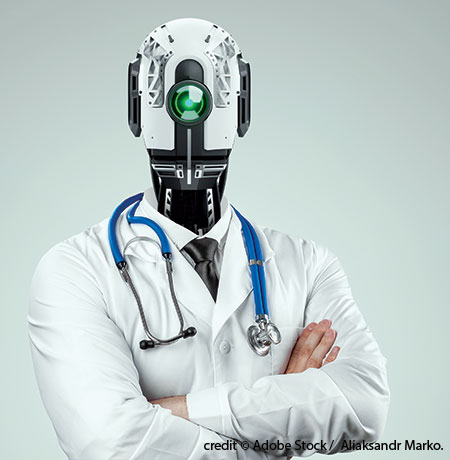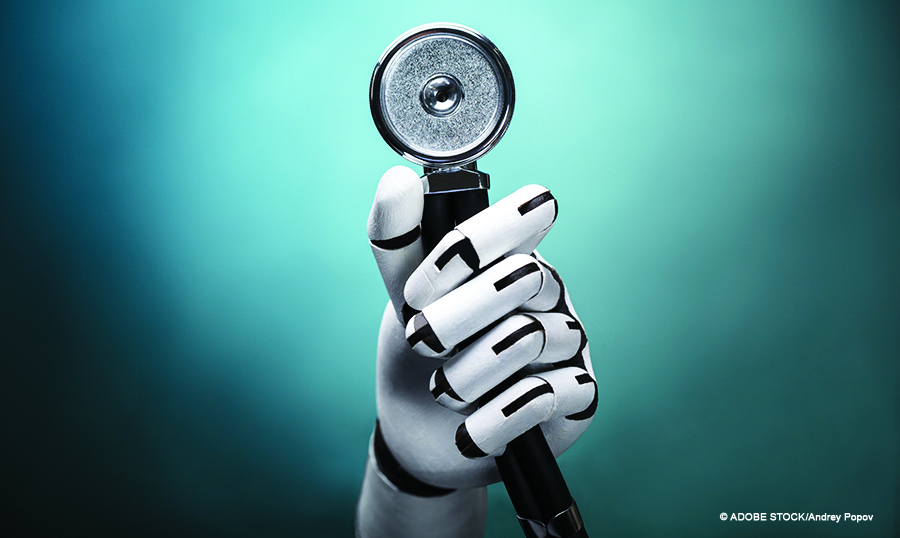Successful investment in GenAI for healthcare depends on focused, collaborative efforts that integrate AI deeply into workflows and address real user needs.


Successful investment in GenAI for healthcare depends on focused, collaborative efforts that integrate AI deeply into workflows and address real user needs.

What are the ethical challenges and humanistic responsibilities of otolaryngologists in integrating AI into patient care?

Artificial intelligence (AI) is poised to significantly enhance healthcare by improving patient care and transforming the work experience for providers, particularly in otolaryngology. AI can reduce administrative burdens, allowing clinicians to focus more on patient interaction and thoughtful care.
The use of AI in healthcare has the potential to improve clinical care and efficiency, accelerate research, and empower patients and communities, but challenges must be addressed.

In the fall of 2024, artificial intelligence-powered ambient scribe technology was rolled out across the University of California, San Francisco (UCSF) health system, allowing otolaryngologists and other clinicians to transcribe conversations with patients into text with just a click of a button.

Medical students and residents are embracing new technologies to help them study. This shift is driven by advances in artificial intelligence (AI), educational platforms, and other digital tools, along with demands for more flexible and personalized learning.

Today’s physicians must ensure that patients understand all possible implications of image sharing—as well as the consequences of refusing or revoking access—in a quickly evolving landscape.
CLINICAL QUESTION What are the implications of applying various branches of artificial intelligence (AI) to the subfields of otology, rhinology, laryngology, and head and neck? BOTTOM LINE Given its progression, […]

It’s predicted that the capabilities of AI and AI-supported applications will include enhancement of pertinent data summaries that are far more comprehensive than individual physician literature searches can provide.

It’s critical that otolaryngologists become familiar with, educated about, and unafraid of AI to prepare for the inevitable integration of AI applications into their practices.